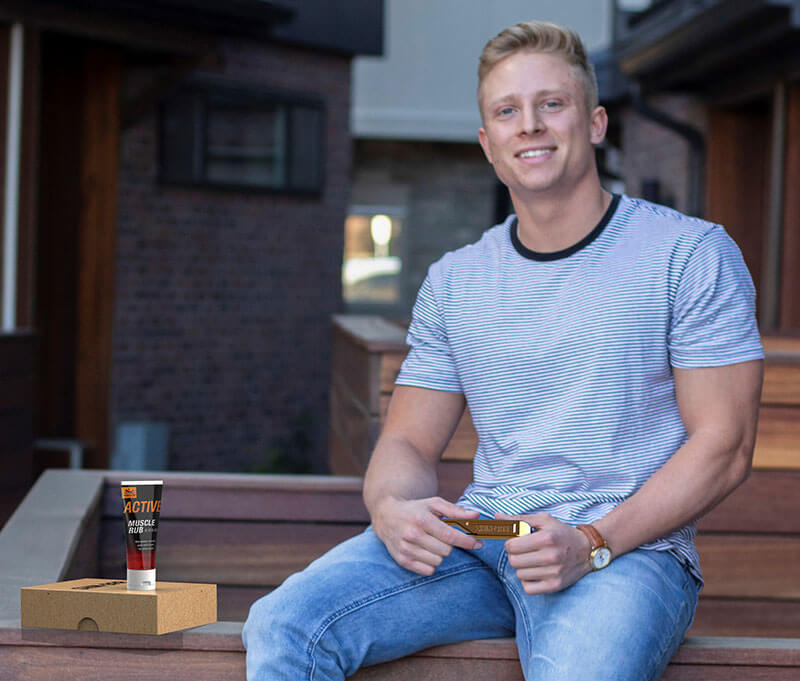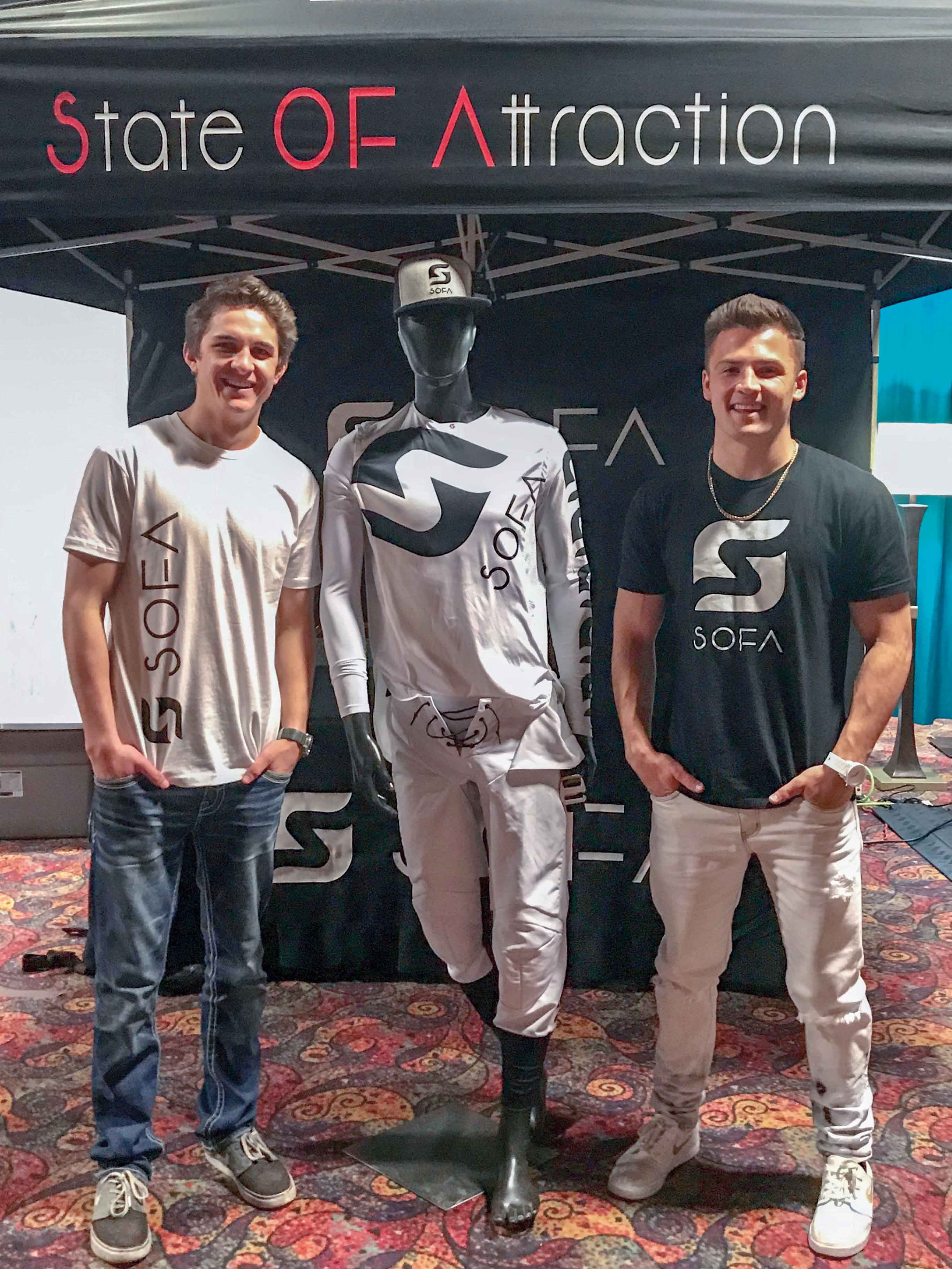Maverick inventions head towards patent status and the marketplace
New ideas and inventions come from students with dreams and drive. The roadmaps, blueprints and connections necessary to make those dreams a reality are formed with the help of a small army of enthusiastic mentors at Colorado Mesa University.
No fewer than five CMU students and recent alumni are in various stages of development with inventions they conceived as students at the university’s Innovation Center. The resources available at the innovation center help transform the spark of an idea into a full-blown, ready-for-themarketplace reality.
Recent Inventions
- Alumnus Hayden Murphy, now a research analyst at Grand Junction’s Kannah Consulting, invented a refillable dry-erase marker system during his time as an undergraduate. His creation now has both a provisional and nonprovisional patent.
- Another recent graduate, Cullen Easter, is the inventor of the Germ Genie, a tactile wearable bracelet for use in clinics and hospitals to reduce hospital-acquired infections.
- Aden Cesmat, a December 2018 graduate, has a provisional patent on an auto-safety device that prevents people from accidentally driving away from a filling station while a gas nozzle is still connected to their car (an estimated $2 billion a year issue).
- Austin Gonsalves, who will graduate in May 2019, is a dirtbike enthusiast who created innovative apparel that enables motocross racers to adjust knee braces without first removing their protective pants.
- Josh Levy, a current student, is a CMU rugby player who suffered from painful shin splints until he created a new, low-cost device that he said promotes healing in about half-the-time of traditional methods.
“What’s amazing about CMU has been everybody’s willingness to help me,” said Levy, inventor of Shin-Bar. He promotes the device as a long-overdue solution to shin splits, a painful, often chronic condition, that afflicts countless athletes. “Every advisor I approach, everybody I talk to, immediately says, ‘Yeah, let’s meet’.”
“I’ve had the ability to talk with 15 different PhDs in all different fields at CMU, and they’re all more than willing to answer questions and help or guide me any way they can.”
The affliction known as shin splints is a cumulative stress disorder. Repeated pounding and stress on the bones, muscles and joints of the lower legs prevents the body from being able to naturally repair and restore itself. The condition can be debilitating for a runner in any sport.

“I was struggling with shin splints a lot, and the pathology of healing shin splints doesn’t really make sense,” Levy said. “They tell you to start with icing, then they start taping you, which restricts blood flow and makes it worse. You go through statin therapy, which really doesn’t work, especially for interior shin splints. It’s a long process that doesn’t really heal anything; just turns into scar tissue.”
Advanced cases have traditionally been treated with a stainless-steel medical device called a Graston, a tool that is used to scrape away the scar tissue.
“Those tools cost thousands of dollars, only one person can use them and they’re hard to find. So I decided to come up with a better way than paying a doctor to tell you to take ibuprofen and stop running,” Levy said.
Shin-Bar is a cast-aluminum, compression-technique device with specific heat retention to dilate blood vessels, allowing myofascial release in the muscle to accelerate healing.
Levy already has a deal with Tiger Balm Corp. and expects to release the product on Amazon soon.
Gonsalves, a competitive motocross racer since age 13, saw the need to transform the design of the sport’s protective apparel, particularly the pants, which traditionally must be removed if a knee brace needs to be adjusted over a separate undergarment.
“We’ve integrated those layers together, so you don’t have a base layer (the undergarment) that’s separate from the outer layer — ours are stitched into each other — and we’ve added a zipper on the back of the pant that enables you to apply or adjust your knee brace,” he explained.

Gonsalves and business partner Spencer Lee have also designed a jersey, split on each side for compatibility with the pants that includes compression-sleeves.
“What Mesa has done for me, more than anything, is provide me with the connections I need to achieve many of the things I trying to do,” said Gonsalves, whose brand is called SOFA (short for State of Attraction). “Professors at CMU have been extremely helpful, directing me in ways to make this venture successful.”
Gonsalves expects to have his first product order submitted to a manufacturer by the end of February.
